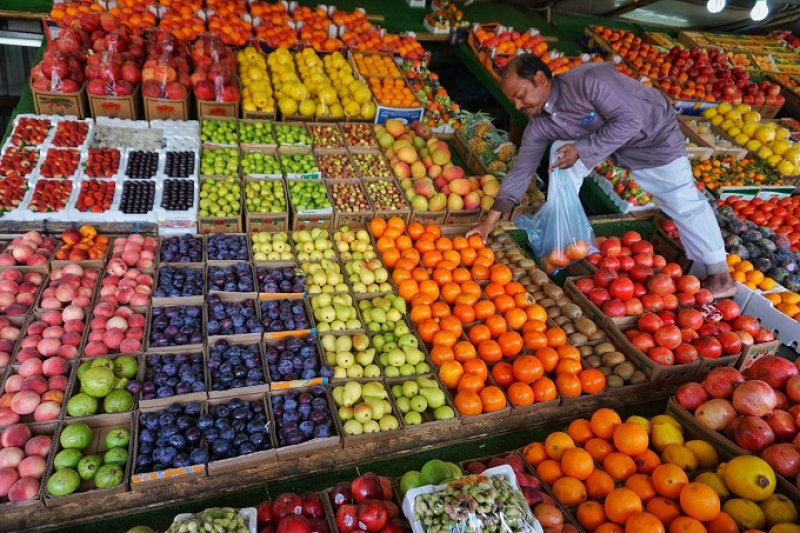Albania Exposed to Rising Prices due to Food Import Dependence
In 2021, Albania imported 130 billion ALL (1.06 billion) euros of food from abroad to meet the needs of domestic consumption.
While it exported in the same year only 44 billion ALL (361 million euros), according to INSTAT data. Imports were three times higher than exports, making our country a net importer of food products with total dependence on foreign markets.
This high dependence occurs even though the agricultural sector is the largest in our country's economy with about 20.8% of Gross Value Added (2020), the highest level in Europe, according to a comparison made by Eurostat (see graph). Even in Ukraine, which is at the top of the largest global exporters of cereals and basket foods, agriculture occupies only 9 percent of the economy.
Albania has an agricultural sector with a size almost three times higher than the regional average, but on the other hand has the highest dependence on imports from other countries in the region. Although there is a favorable climate and favorable water resources for agricultural crops, Albanian products are not competitive as the government provides the lowest level of subsidies for the sector compared to the region and Europe and lacks economies of scale from surface fragmentation.
For this reason the last two decades farmers abandoned the cultivation of wheat and corn, as the cost of production was higher than the retail price of imported products in the retail markets. Out of ALL 130 billion that were food imports in total in 2021, over ALL 12 billion (10%) were wheat imports.
Referring to INSTAT data on imports over the years, the share of food imports to total imports is 11.4%.
Compared to the other two most agricultural countries in the region, such as Kosovo and Macedonia, which have a value of agriculture in the Gross Domestic Product of the respective countries almost twice less than ours, the share of food imports is lower.
Data from the Kosovo Agency of Statistics on Foreign Trade, show that food imports in Kosovo are as much as 9% of total imports in the country.
The situation is the same in Macedonia. Food imports account for only 6% of total imports.
In European Union countries, where agriculture accounts for about 2% of GDP, Eurostat statistics show that they are surplus in food trade.
The total value of EU agri-food trade (exports plus imports) for the period January-September 2021 was 239.5 billion euros, an increase of 6.1% compared to the corresponding period last year. The total EU agri-food trade surplus was 51 billion euros for the nine months of 2021 with an increase of 17% compared to the same period of 2020.
This high dependence on imports made Albania very exposed to rising prices after Russia invaded Ukraine.
(Source: Monitor)













